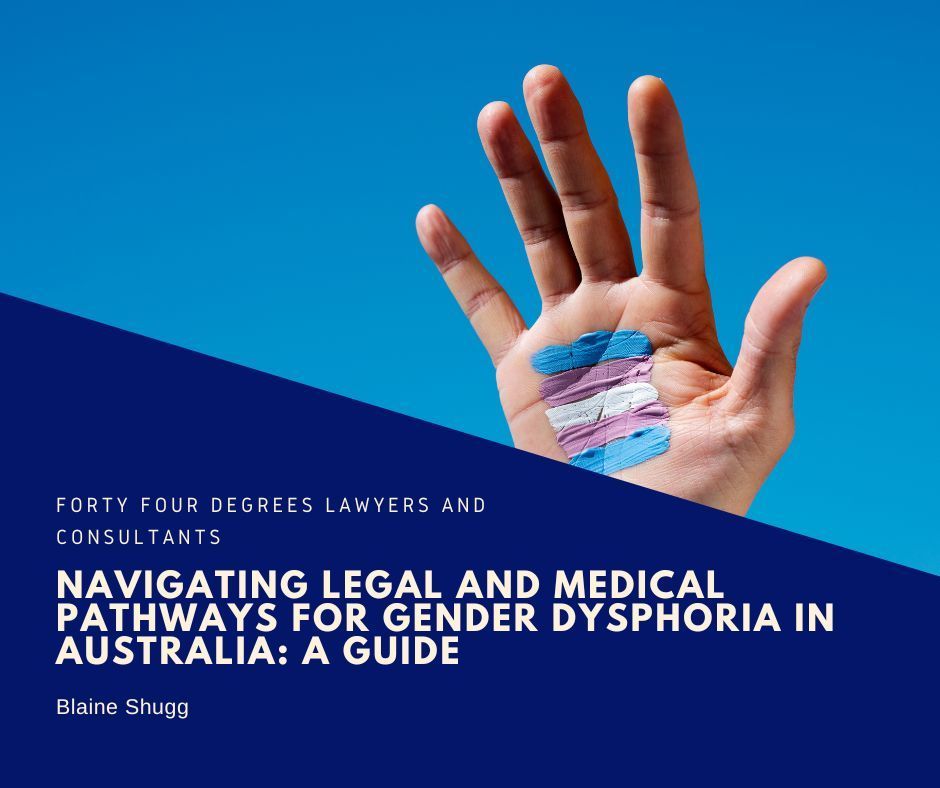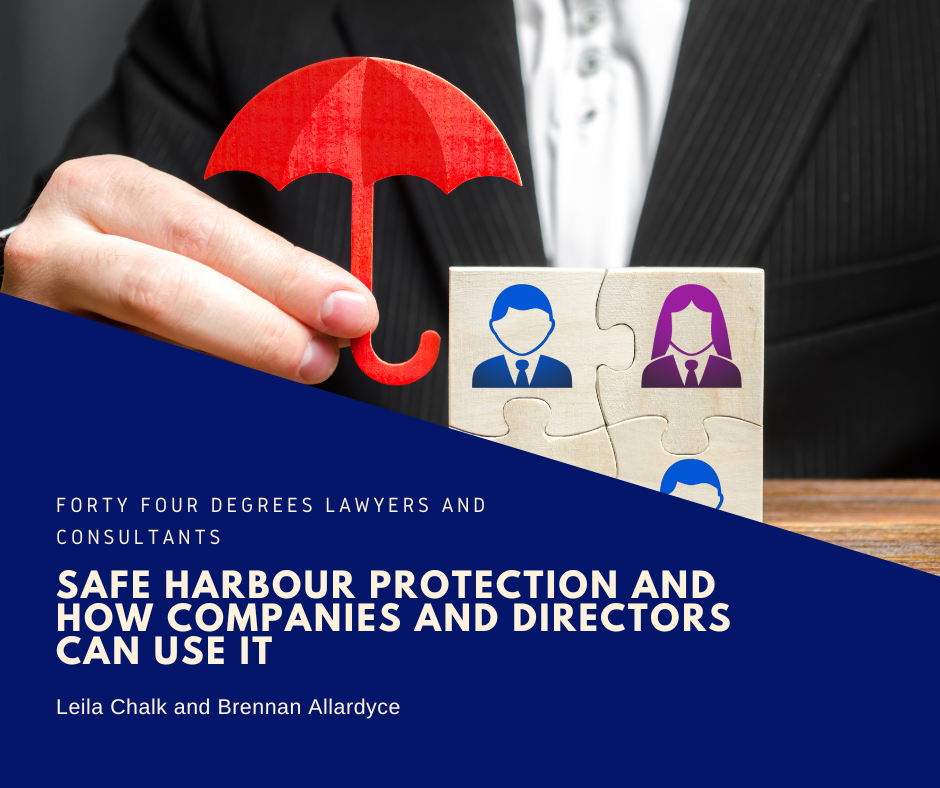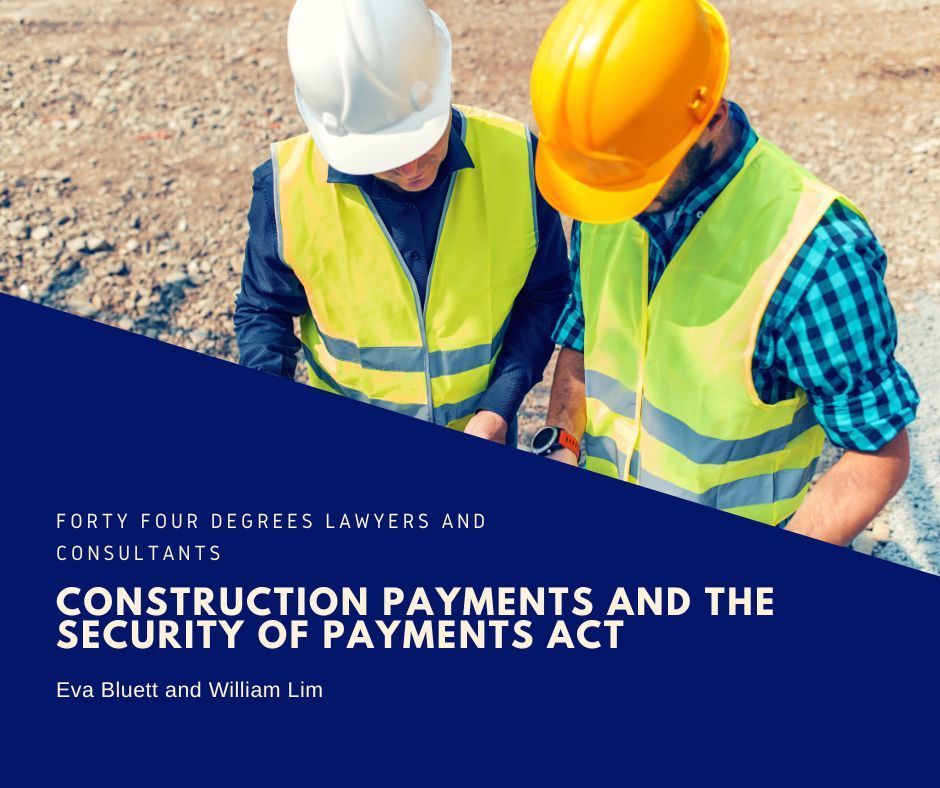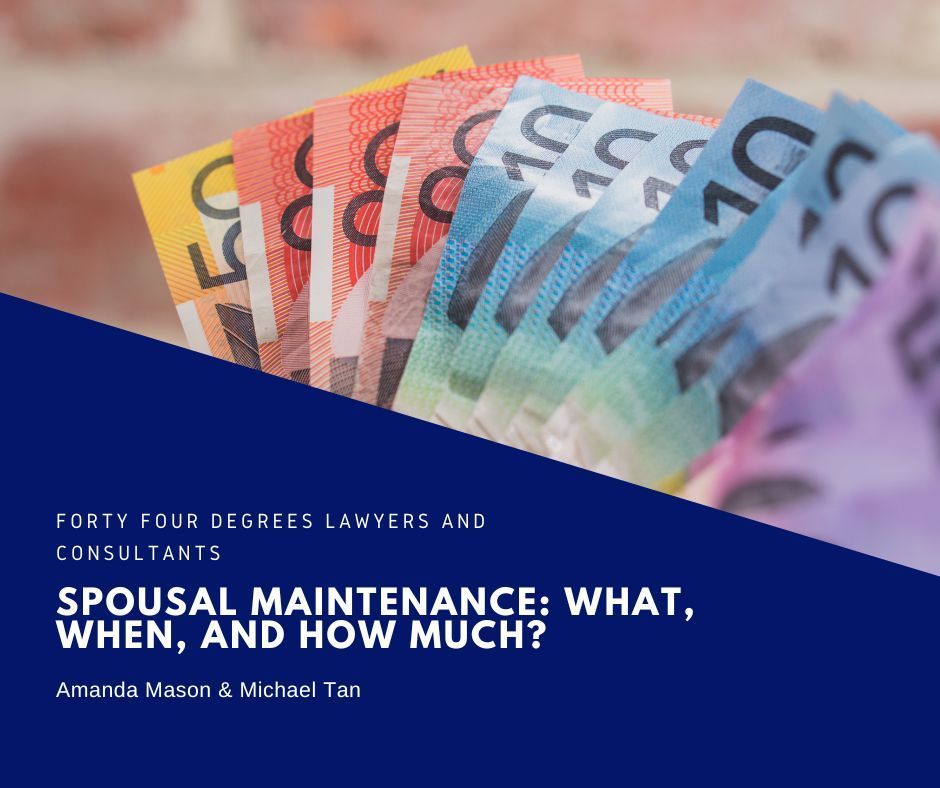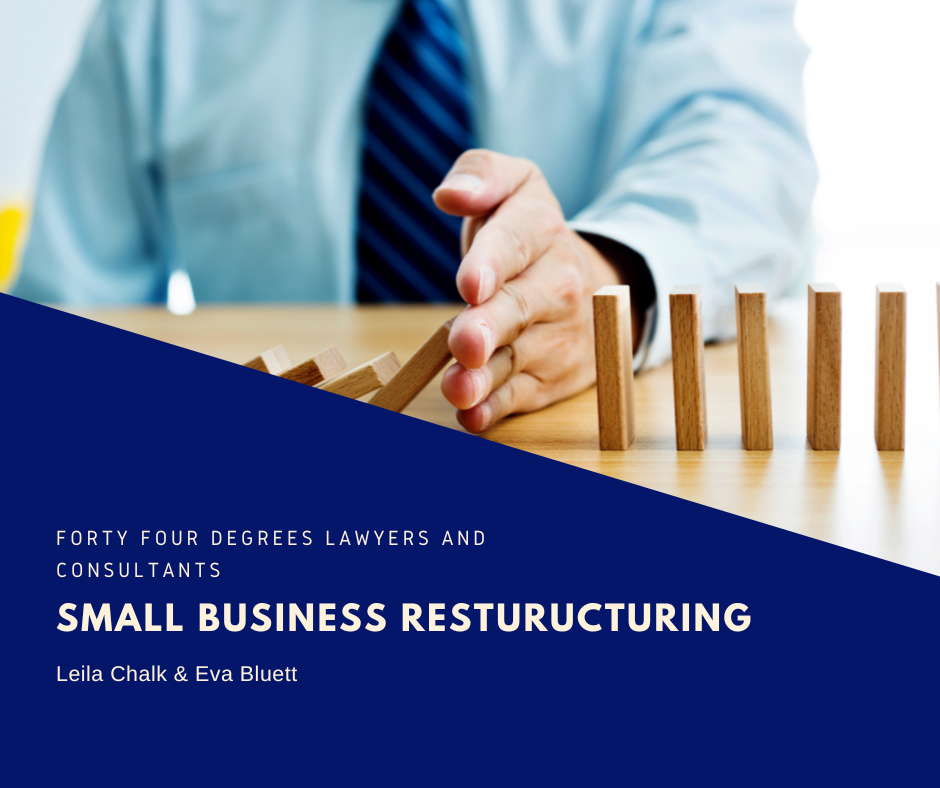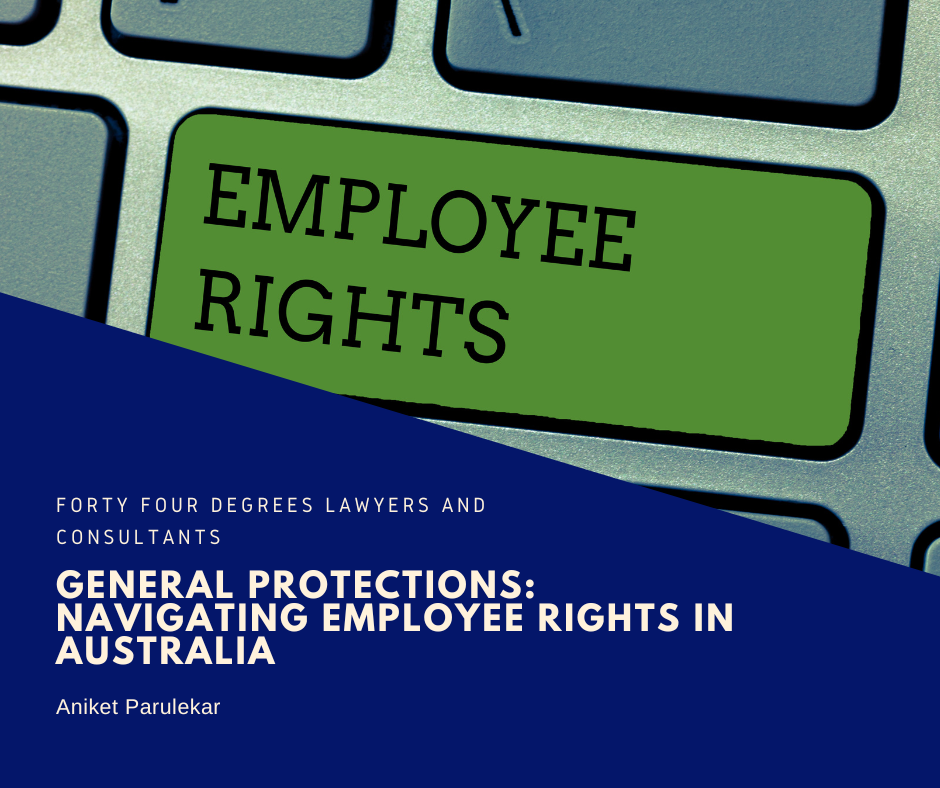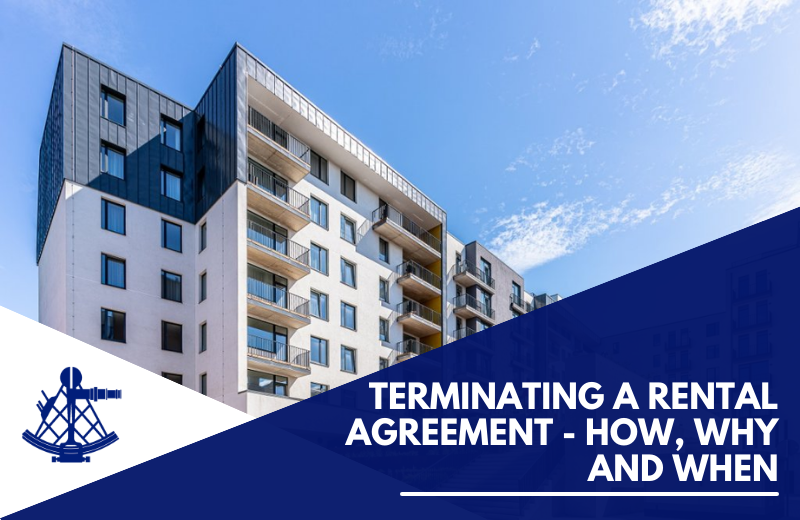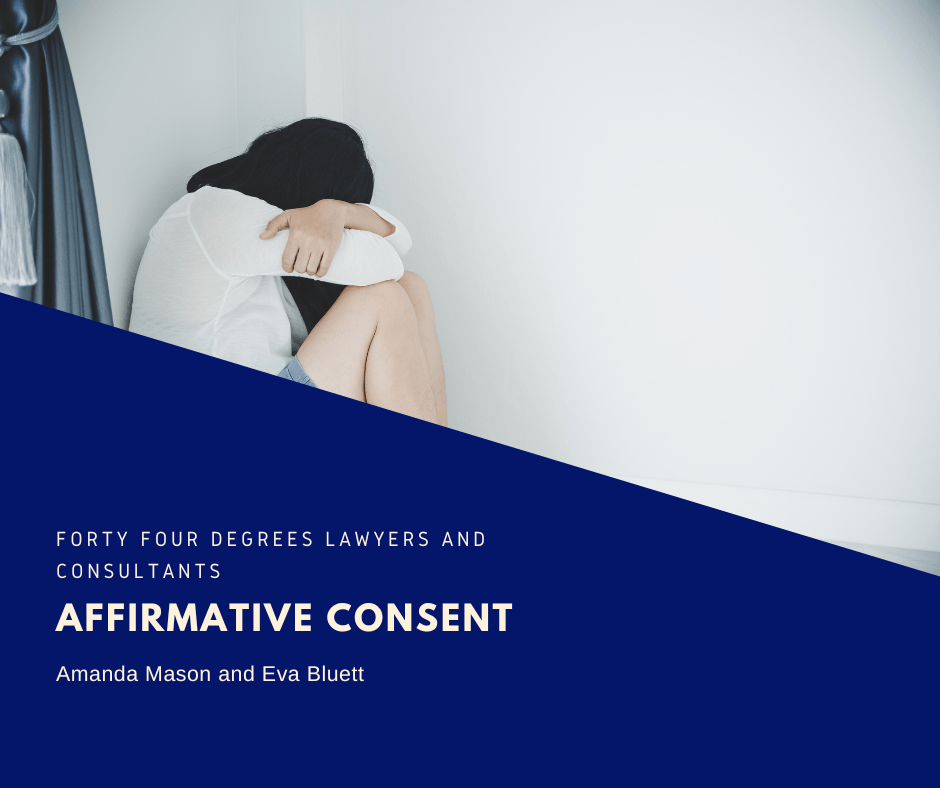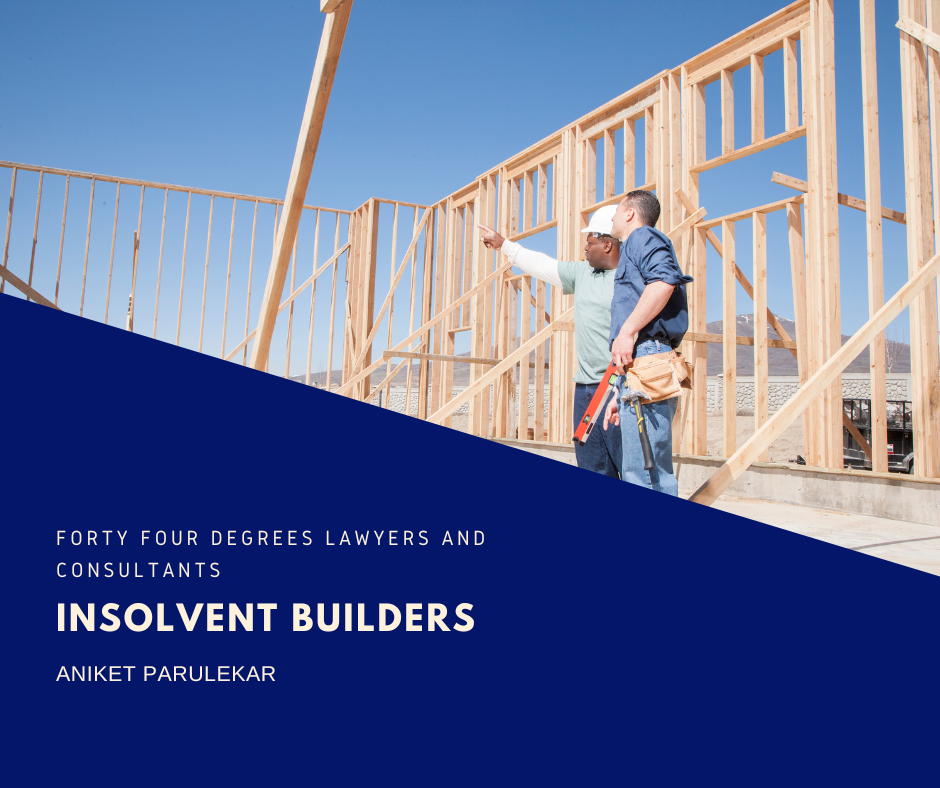Probates – A Guide for Executors
Nick Tzimourtas & Jamielle Mckinnon • Jul 14, 2020
What are the first steps when you have been named an Executor in a Will

If you have not read part 1 of our series on Will dispute guides, then please read our Wills & Estates FAQ.
What is an executor?
A person or persons appointed in a Will to carry out and execute the intention of the individual making the Will at the time of their death.
Put simply, the role of the executor is to manage the Will maker’s (the Testator’s) estate and carry out their wishes after they are deceased.
What is an estate?
The estate referred to in a Will is all the property and liabilities belonging to the Testator prior to their death.
Note: there are some assets that do not form part of the estate after their death including:
- Property owned jointly with another person (only in the capacity of joint proprietors and not tenants-in-common);
- Undistributed asset of a family trust; and
- Superannuation and life insurance proceeds paid to a superannuation/life insurance beneficiary.
What is a Beneficiary?
Any person or entity appointed in the Will to receive a benefit from the Testator’s estate.
What is the role of an Executor?
To carry out the wishes and intention of the Will.
Executor must act in the best interests of the estate and the specified beneficiaries. Executor’s role is often referred to as a trustee or fiduciary role. The executor is responsible for managing and protecting all estate’s assets until they are distributed to beneficiaries. Ensuring all liabilities of the estate are paid where appropriate.
In the instance of several and joint Executors being appointed in the Will, they should consult with one another and agree on course of action.
Executors must keep full records on how the estate has been managed and distributed and provide a summary of financial transactions to the beneficiaries. This is done so that if a dispute arises between the beneficiaries, then the Executor will be able to prove that the estate has in fact been administered in accordance with the intention of the Will.
Executor should try to mediate a resolution to the conflict. In the absence of a mediated resolution and settlement between the parties, the matter is to be brought before the Supreme Court.
It is possible for assets to be distributed other than set out in the will – executor must inform all beneficiaries and obtain their written consent to the change.
Must an Executor take on the responsibility ?
A person who is set out as the Executor in a deceased’s Will can refuse to accept the position. This should be done before probate is granted. If the Executor seeks to step down after probate is granted, they must obtain consent from the Supreme Court.
Executor can delegate action and responsibilities to others, but they are ultimately responsible for the actions of those appointed. Appointed Executors should decline the position if their personal interest will be in conflict with the role.
Who arranges the funeral?
Executor is responsible for funeral arrangements if the will maker has not made those arrangements.
Executor should follow directions left by the will maker but are not bound to do so. If the executor is not an immediate family member, they should consult funeral arrangements with the family.
Cost of the funeral is an expense of the estate, should be careful to incur extra expenses beyond available funds.
Should there be a reading of the will?
It is not usual to have a formal reading of the will.
In Victoria, various people are entitled to request a copy of the will If it was produced on or after 20 July 1998, such as:
- Any person referred in will whether as beneficiary or not;
- Spouse of will maker at the date of their death;
- Domestic partner of will maker;
- Parent, guardian or children of the will maker; and
- Any person entitled to share of estate if will maker pass away without leaving a will.
It is good practice for the Executor to inform the Beneficiaries and tell them they are beneficiaries under the will (although there is no legal obligation to do so).
What should the Beneficiaries be told?
No legal obligation for the beneficiaries to be told they are beneficiaries before the Will and the gifts as set out in the Will are given to them.
Executor may instruct lawyers to notify the beneficiaries of their entitlement and the progress of administration of the estate.
What should be done with the assets and liabilities of the estate?
- The Executor is responsible for the safekeeping of the assets of the estate. They should:
- Make a list of all the assets and include respective info about the condition and where they are stored;
- Digital assets should also be considered, for example: photographs and digital documents;
- Ensure properties such as houses, boats or cars has current and adequate insurance. Consider whether the insurer needs to be notified because of any changes;
- Ensure items of dollar or sentimental value such as photographs and jewelry are secured;
- Consider obtaining valuations of personal chattels (where appropriate).
Consideration should be given to what to do with all household items. Some items may be given to beneficiaries, sold or given to charities. It is advised that executors consult with the family of the deceased before making these decisions. Executors have an obligation to ensure all assets are not wasted and do not diminished in value. If money is collected from the sale of assets and it is not distributed right away, it should be invested.
The executors must also ensure that all liabilities of the deceased are accounted for.
What is Probate and why do I need to apply for it?
Probate is a document given by the Supreme Court to the Executor. This document confirms the validity of the Will and the appointed Executor who will look after the estate of the deceased will maker. It essentially grants the Executor the right is execute the intention of the deceased and grants them the power to disburse the assets & liabilities of the deceased’s estate.
The probate is necessary as it gives the executor the right to handle the will maker’s assets such as real estates and money in bank account. Without probate, banks will not allow the executor to deal with the money in the will maker’s bank.
You must apply for probate to be able to do things with certain assets of the estate and to protect the executor. Before applying for probate, the executor must advertise that an application for probate is to be made (this is usually posted on the Supreme Court’s website)
A probate application requires preparation and filing various documents with the court, they are:
- A statement outlining of assets and liabilities with the appropriate valuations;
- A certified copy of the death certificate;
- The original will;
- An affidavit from the executor outlining the background information about the deceased, the will and financial position of the estate. The affidavit must be signed in the presence of an authorised witness; and
- An affidavit including a copy of the advertisement and a state about what searches have been made to ascertain the existence of any prior grants of probate.
What if there is no will?
If there is no present will, the next of kin of the deceased will have to apply to the Supreme Court for Letters of Administration. This document acts as a formal approval for someone to administer the estate of the deceased. This approval is usually granted in favour of a family member.
Is there tax to be paid?
The executor is responsible for lodging outstanding income tax returns on behalf of the will maker. The last tax return should also contain a statement of assets and liabilities of the maker at the date of their death. The estate is also subjected to income tax if it earns income, in the examples of rent on real estate or interest on investments. The estate should not be fully distributed until all income tax liabilities are known and accounted for.
There are no inheritance taxes or death duties in Victoria.
Of the property is given to beneficiaries in accordance with the will, most of these transfers will have no capital gains tax or stamp duty payable by the estate or beneficiaries at the time. If assets are sold by the estate, then capital gains tax may be charged to the estate.
rest
Nick Tzimourtas
is a lawyer at Forty Four Degrees practicing in Wills, Estates, and Family Law.
Contact Us
We’re an Australian Law Firm promoting a nuanced, personal touch. We have the skills you need to resolve your case quickly and with a positive outcome. Our straight talking team stays close to simplify what is most often a complicated process. We help individuals and businesses with technology and startup law, property law including conveyancing and leasing, commercial law, civil litigation, wills, estates, bankruptcy, insolvency, criminal law, and professionals facing investigations and charges from their regulatory body.
We have a connected network of talented lawyers in Melbourne CBD, Dandenong, Ballarat, and Ivanhoe East.
Fill out the form or call us on 1300 892 237.
Thank you for contacting us.
We will get back to you as soon as possible
We will get back to you as soon as possible
Oops, there was an error sending your message.
Please try again later or call us on 1300 892 237.
About Us
We do business your way.
203/ 50 Market St, Melbourne VIC 3000
50 Lydiard St South
Ballarat Central VIC 3350

